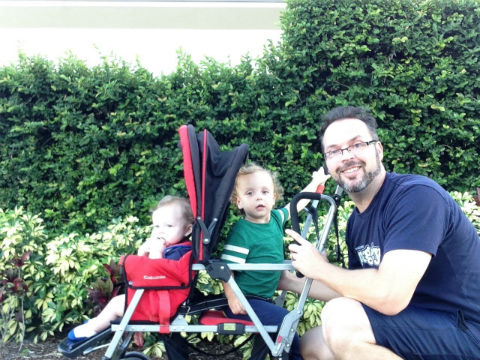
Adam Warner has been involved with WordPress for nearly a decade, is an active WordPress community member, a WordPress blogger and educator, and is the co-founder of FooPlugins!
I had the opportunity to connect with Adam, and ask him a few questions about his journey with WordPress and his experience running a successful business.
Read on to know what Adam had to say.
[space]
Tell us a bit about yourself, and your journey with WordPress so far.
I am a proud husband and the proud father of two young boys. I’m also the Co-founder of FooPlugins.com, a free and premium WordPress plugin provider focusing on media solutions.
My journey with WordPress started in 2005 when it was a very new platform after being forked from b2/cafelog. Up until that time I was working full time in the manufacturing and customer service fields while running several small businesses of my own. I had hand-coded a few websites for my businesses and was looking for a blogging/CMS solution to help speed up my frequent website updates.
After trying several solutions, I chose WordPress as it made the most sense to me visually. After becoming familiar with the Admin side of things, I started making themes and simple plugins, and that turned into creating WordPress tutorials to help others learn what I had learned.
Fast forward 10 years and I’m happy to report that I’m able to give back to the community with our free plugins, speaking and sponsoring WordCamps, as well as run a sustainable business that offers solutions other users need to make their personal and clients development projects easier.
[space]
What is your typical day at work like?
My work day usually starts around 5:30am. It’s my chance to head to the home office before the rest of the family wakes up. I use this time to scan emails and prioritize anything that needs immediate attention. I follow up on what I can until the kids wake up and then it’s the morning Dad routine. Getting breakfast ready, dressing the kids, and making sure to spend quality time together before we leave the house.
My wife works in retail so I usually take the kids to preschool, run errands, etc. I return to the home office around 10am and start digging into my daily tasks. These include everything from answering support tickets, writing new product feature scopes, engaging our customers and community on our social channels and managing our paid advertising channels.
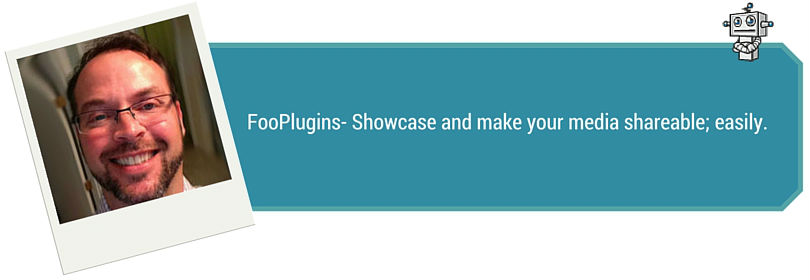
[space]
According to you, what factors make a plugin successful?
In my mind, a successful plugin comes down to these things:
- Intuitive: Users should be able to start right away without reading documentation first.
- Use WP Admin Styles: Plugins that create their own fancy styling in the admin area take away from the user experience. Keep it simple.
- Well Supported: No matter how simple you think your plugin is, you will always have support questions. Answer them as quickly and completely as you can. Your users will become loyal fans quickly.
- Well Documented: It’s best that users can just start using your plugin right away, but many plugins (some of ours included) offer some advanced features that may not be clear users. Complete documentation with actual usage examples go a long way in keeping your support requests to a minimum and giving you more time to promote and build your business.
[space]
Do you think the freemium model works best for plugin developers as opposed to the premium model?
I think both can work but it depends on the product.
Our flagship plugin, FooBox, started as a premium plugin only and there was no free version for the first two years. It sold very well and was the catalyst that allowed me to work from home full time. However, in order to give back to the community (and grow our brand recognition) we created a free version in which we removed some of the more advanced features but still provided the responsive lightbox solution people were looking for.
We duplicated this with our FooGallery plugin by making it free but making it extensible, allowing us to build additional features as Extensions and allowing users to pick and choose the features they want/need while still offering a robust solution for free.
[space]
FooPlugins has a diverse list of WordPress plugins. How do you take the call on converting an idea into a plugin?
This is always a tough call, but we’ve learned some things over the years.
First, keep a shared document with your team listing any plugin ideas that come up. There will always be more ideas than time to develop them, but if you regularly review this list you’re sure to be reminded of an idea that might be right to develop at the current time.
Secondly, survey your audience and do some research before building something. We spent an entire 6 months building a product from scratch that when launched, resulted in a huge failure. If we would have surveyed our audience from the beginning, we would have learned that we almost had it right but with one critical feature missing. We’re currently working on “pivoting” that product and its features to better reflect the needs of users and we’re optimistic that it will be successful.
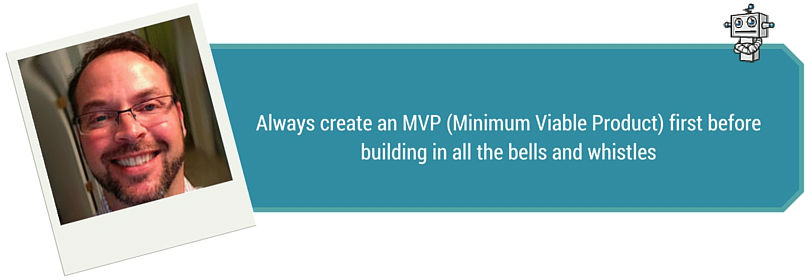
And third, always create an MVP (Minimum Viable Product) first before building in all the bells and whistles. As I noted above, we learned this the hard way, but used this method with our most recent FooVideo release and it allowed us to build and release that product in just over 30 days, but also to get valuable feedback from our users on what other features would be more useful to be included in future updates. A win for us and our customers.
[space]
What should we expect from FooPlugins in the coming future?
We declared 2015 “The Year of Media Solutions” and we’ve mostly met that goal with FooGallery, FooBox, and FooVideo but we have one more plugin in the works that will be image-specific to round out that collection of tools. We’ll also be releasing more Extensions for FooGallery.
[space]
3 things you like best about the WordPress community?
My favorite part of the WordPress community are of course, the people themselves. I’ve been to dozens of WordCamps and other meetups and have never had a negative experience. It really is like a family. Most people are willing to help and advise without expecting anything in return. It’s always positive and collaborative and the world needs more of that. 🙂
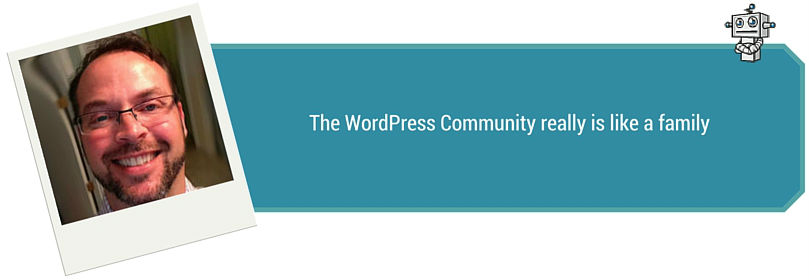
[space]
Rank the following in order of importance – Users, Revenue, Popularity, Quality, Brand Image
- Quality – can’t have users without quality
- Users – provide quality solutions, timely support, and people will be loyal
- Revenue – needed to keep providing plugins 🙂
- Brand Image – get a logo and stick with it
- Popularity – this comes if you provide the first two points above
[space]
Adam, thanks for your time and valuable advice. We’ll be sure to keep an eye out for more extensions by FooPlugins.
And yes for folks reading this… here’s an ‘Adam Warner’ tip for budding entrepreneurs, “Ignore the naysayers and listen to your inner voice. Anything is possible if you believe in yourself and your goal.” (Adam’s written a post titled Visualizing and Achieving your Success on his personal blog with more on this).
For more from Adam, you can follow @wpmodder on twitter.

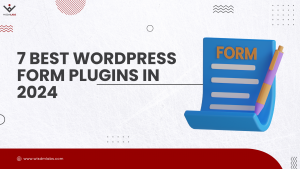
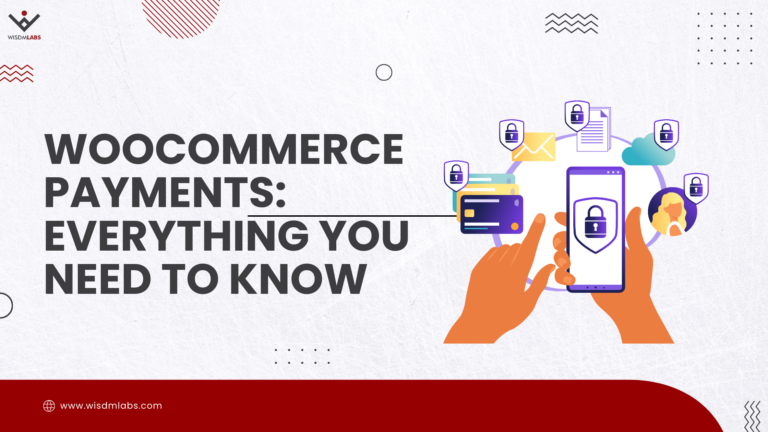
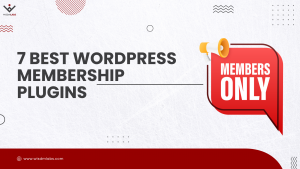
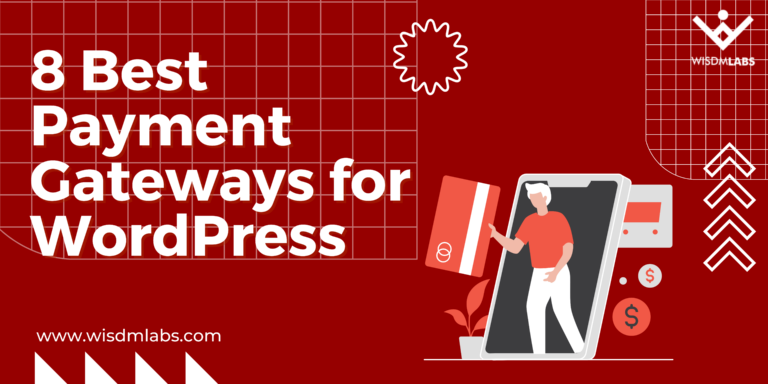
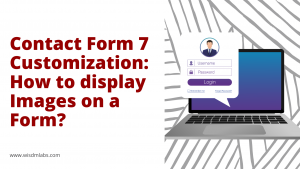

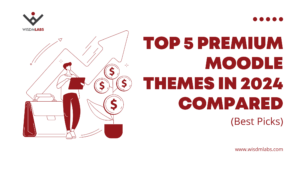

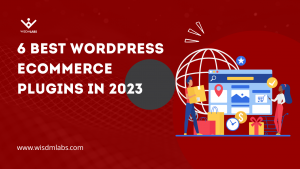
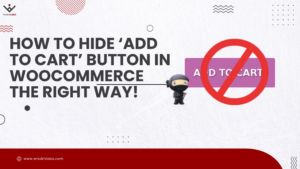
One Response
Great Post. Enjoyed reading this interview